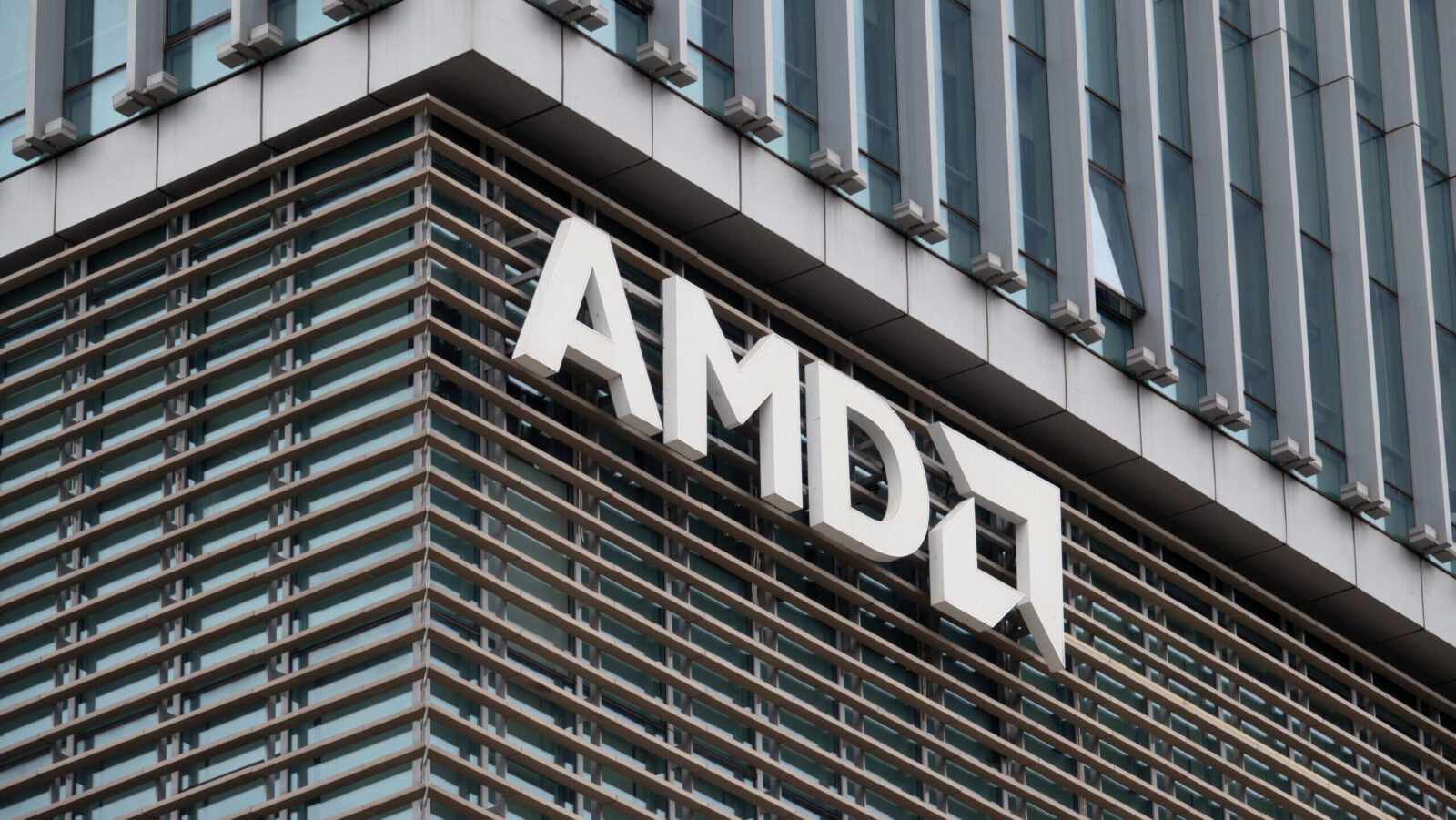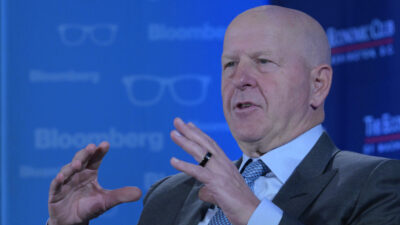AT&T Strikes $23B Deal for EchoStar 5G Spectrum Licenses
EchoStar’s 5G ambitions go back to 2019, and are the byproduct of another major telecom deal: T-Mobile’s acquisition of Sprint.

Sign up for smart news, insights, and analysis on the biggest financial stories of the day.
In the wireless wars, surrender is a dish best served … actually, either hot or cold is just fine as long as it’s lavish.
After spending years and billions of dollars to build a nationwide 5G network, Dish Network’s parent company, EchoStar, said Tuesday it has agreed to sell a basket of spectrum licenses to AT&T for a whopping $23 billion. Shares of EchoStar surged on news of the deal, the proceeds of which it said will go toward retiring debt and funding its growth operations. AT&T, meanwhile, says the splurge will help fuel its 5G ambitions.
If You’re Not Fourth, You’re Last
EchoStar’s 5G ambitions date to 2019 and are a byproduct of another major telecom deal, T-Mobile’s acquisition of Sprint. When reviewing that mega-merger, the US Department of Justice wanted to preserve access for US wireless customers to a fourth major carrier. Dish (which spun off from EchoStar in 2008, only to merge back into the parent company in 2023) entered the fray by acquiring prepaid wireless provider Boost Mobile and certain Spectrum assets from Sprint and T-Mobile for approximately $5 billion.
In the following years, Dish and EchoStar spent billions of dollars to build out their 5G network, which the reconciled couple said in Federal Communications Commission filings last year reached roughly 80% of Americans. The big problem? Nobody uses it:
- Boost Mobile has lost customers since Dish acquired it, servicing around 7 million wireless customers, down from around 9 million in 2020. And while that technically makes it the fourth-largest mobile carrier, it’s far from being the major competitor the FCC sought. Verizon, T-Mobile and AT&T each have well north of 100 million subscribers, and together, they control more than 90% of the US market.
- In April, Elon Musk even complained to the FCC that EchoStar was essentially hogging precious airwave space for no reason. Shortly after, the agency opened an investigation into the company’s allegedly slow buildout toward becoming a true No. 4, which FCC Chair Brendan Carr indicated in July isn’t necessarily a “magic number.”
Exit Strategy: There have been more bumps for EchoStar. In May, the company copped to skipping a $326 million cash interest payment amid the FCC probe, while sources told The Wall Street Journal in June that the company was even considering filing for Chapter 11 bankruptcy. Which is why its exit now is hardly surprising, especially given the price. According to a New Street Research note to clients seen by Bloomberg on Tuesday, AT&T is paying $9 billion more than EchoStar paid for the spectrum and about $5 billion more than the appraised value used in securitizing the assets. New Street called the sale price “a great mark-on value,” and EchoStar’s share price spiked 70% on Tuesday, following the news. All in all, not a bad payday for a distant fourth, though definitely not what Congress had in mind.











